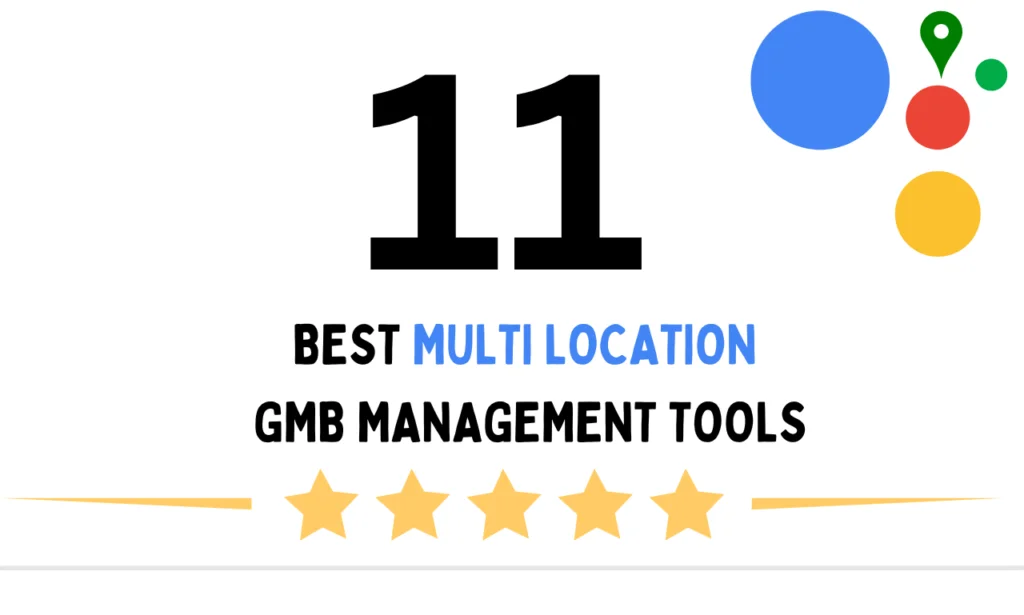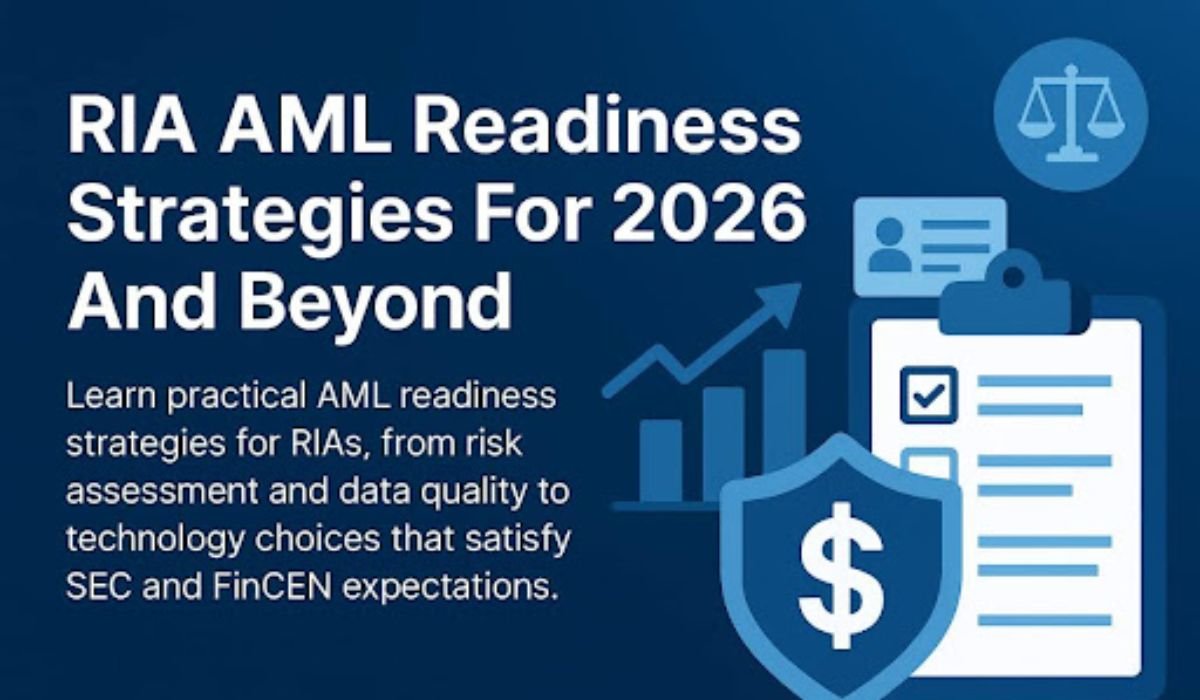The digital age is rapidly transforming how businesses operate, profoundly impacting the role of senior management. This era demands a new kind of leadership, one that navigates constant change and leverages technology for strategic advantage. If you’re curious about what it takes to lead in this evolving landscape, you’ve come to the right place.
The digital revolution presents both challenges and opportunities for senior management. They must navigate a complex landscape of technological advancements, shifting markets, and evolving consumer expectations. Traditional structures are often insufficient; senior leaders need to embrace agility, foster innovation, and empower teams to adapt quickly. This requires a fundamental shift from command-and-control to collaboration and continuous learning. Attracting and developing digital talent is crucial, as organisations risk falling behind if they fail to adapt.
Key Shifts in Senior Management’s Role
So, what exactly is changing for senior leaders? It’s not just about understanding new tech; it’s about fundamentally rethinking how they lead, strategise, and operate. Think of it like a conductor of an orchestra suddenly needing to learn how to play every instrument – not perfectly, but enough to guide the whole ensemble through a new, complex symphony.
From Command and Control to Collaboration and Empowerment
Gone are the days when a senior manager simply dictated orders from on high. The digital age demands a more collaborative approach. Teams are often cross-functional, agile, and self-organising. Senior leaders now act more as facilitators, removing roadblocks, providing resources, and empowering their teams to make decisions. This shift requires a high degree of trust and a willingness to let go of micromanagement. It’s about nurturing an environment where ideas can flourish, and failures are seen as learning opportunities, not career-enders.
Data-Driven Decision Making
Intuition and experience are still valuable, but in the digital age, data is king. Senior management must become adept at understanding and leveraging data to make informed decisions. This doesn’t mean they need to be data scientists, but they do need to understand the insights that data can provide and how to ask the right questions. For instance, understanding customer behaviour through analytics can directly inform product development and marketing strategies. Many leaders are now exploring specialised training, such as an IIM business analytics course, to sharpen these crucial skills.
Fostering a Culture of Innovation and Agility
Innovation isn’t just for the R&D department anymore; it needs to be embedded in the DNA of the entire organisation. Senior management plays a critical role in cultivating a culture that embraces experimentation, tolerates risk, and encourages continuous learning. This means being open to new ideas, even if they challenge the status quo, and being willing to pivot quickly when something isn’t working. Agility isn’t just a buzzword; it’s the ability to adapt rapidly to changing circumstances, and it starts at the top.
Embracing Digital Transformation
Digital transformation isn’t a one-time project; it’s an ongoing journey. Senior leaders are responsible for championing this transformation, ensuring that technology is integrated seamlessly into all aspects of the business. This involves investing in the right technologies, upgrading legacy systems, and ensuring that employees have the necessary digital literacy. It’s about seeing technology not just as a tool, but as a strategic enabler for growth and competitive advantage. Are you ready to lead this charge?
The Importance of Continuous Learning and Upskilling
In this fast-paced digital world, what you learned yesterday might be obsolete tomorrow. For senior management, continuous learning isn’t just a nice-to-have; it’s a survival skill. Think of it like a professional athlete constantly training and refining their techniques to stay at the top of their game. The digital landscape is constantly evolving, and so too must the skills and knowledge of those leading the charge.
Leading by Example
When senior leaders actively engage in learning and upskilling, it sends a powerful message throughout the organisation. It fosters a culture where learning is valued and encouraged at all levels. This can involve attending workshops, pursuing executive education programs, or even simply dedicating time to reading industry publications and engaging with thought leaders. The goal is to stay curious, open-minded, and adaptable.
Understanding Emerging Technologies
While senior managers don’t need to be coding experts, a foundational understanding of emerging technologies like Artificial Intelligence (AI), blockchain, and the Internet of Things (IoT) is becoming increasingly vital. This knowledge allows them to identify potential opportunities and threats, make informed investment decisions, and guide their organisations in leveraging these technologies strategically. It’s about seeing the forest for the trees, understanding how these innovations can impact their business model, and preparing for the future.
The Human Element in a Digital World
Even with all the technological advancements, the human element remains paramount. Senior management must cultivate strong emotional intelligence, communication skills, and the ability to inspire and motivate diverse teams. The digital age can sometimes feel impersonal, so leaders who can connect with their employees on a human level, foster a sense of belonging, and champion well-being will be the most effective. It’s about balancing technological prowess with empathetic leadership.
For those looking to deepen their analytical capabilities and lead with data-driven insights, an IIM Calcutta Business Analytics Course can provide a robust foundation, equipping senior managers with the tools and frameworks to navigate the complexities of the digital economy. It’s an investment in both personal and organisational growth.
Conclusion
The role of senior management in the digital age is undeniably more complex and dynamic than ever before. It’s a role that demands continuous evolution, a willingness to embrace change, and a deep understanding of both technology and human dynamics. From fostering agile cultures to making data-driven decisions and championing digital transformation, today’s leaders are truly at the helm of a significant shift.
Ultimately, the most successful senior managers in this new era will be those who are not only technologically savvy but also possess strong leadership qualities, a commitment to continuous learning, and an unwavering focus on their people. They will be the ones who can inspire their teams to navigate the digital tides, turning challenges into opportunities and steering their organisations towards a prosperous future. Are you ready to take on this exciting journey?











